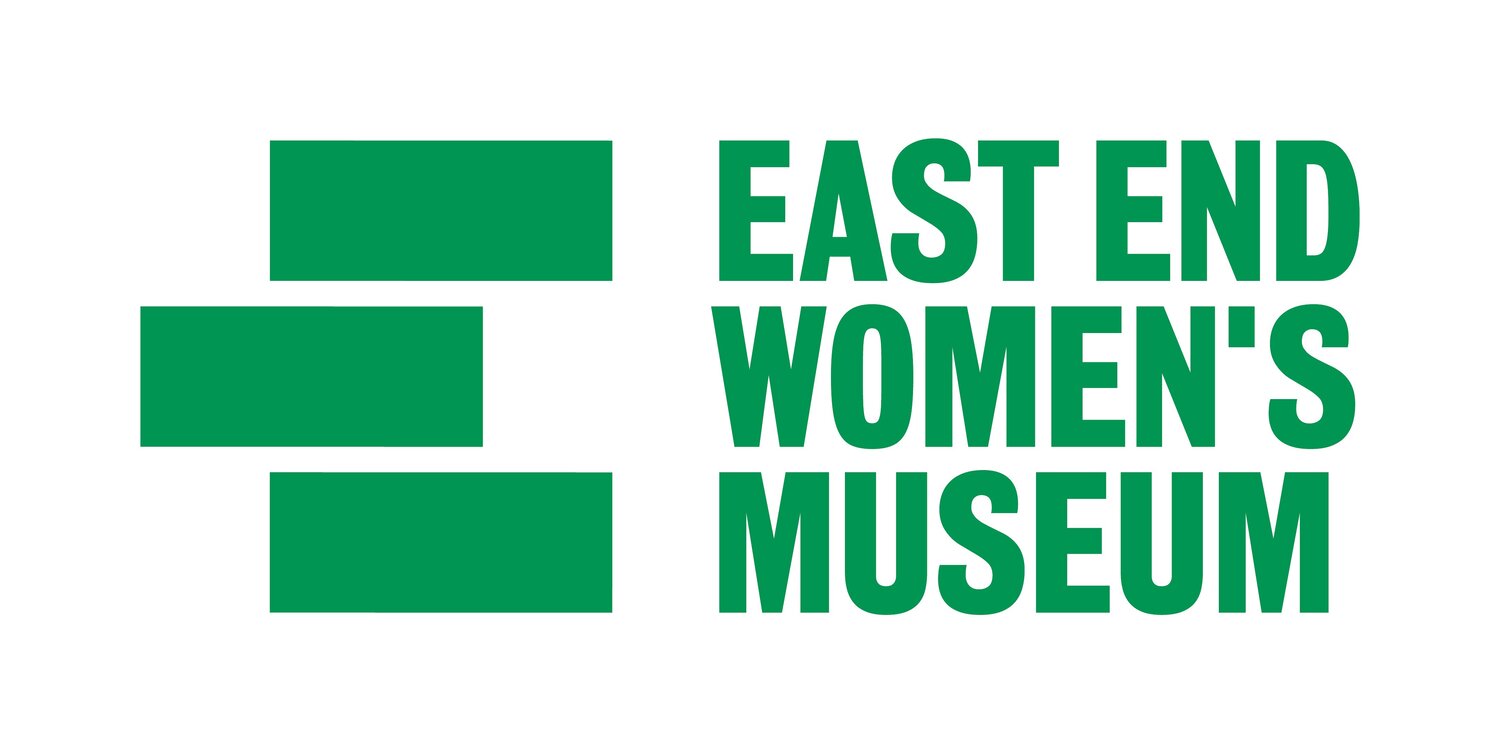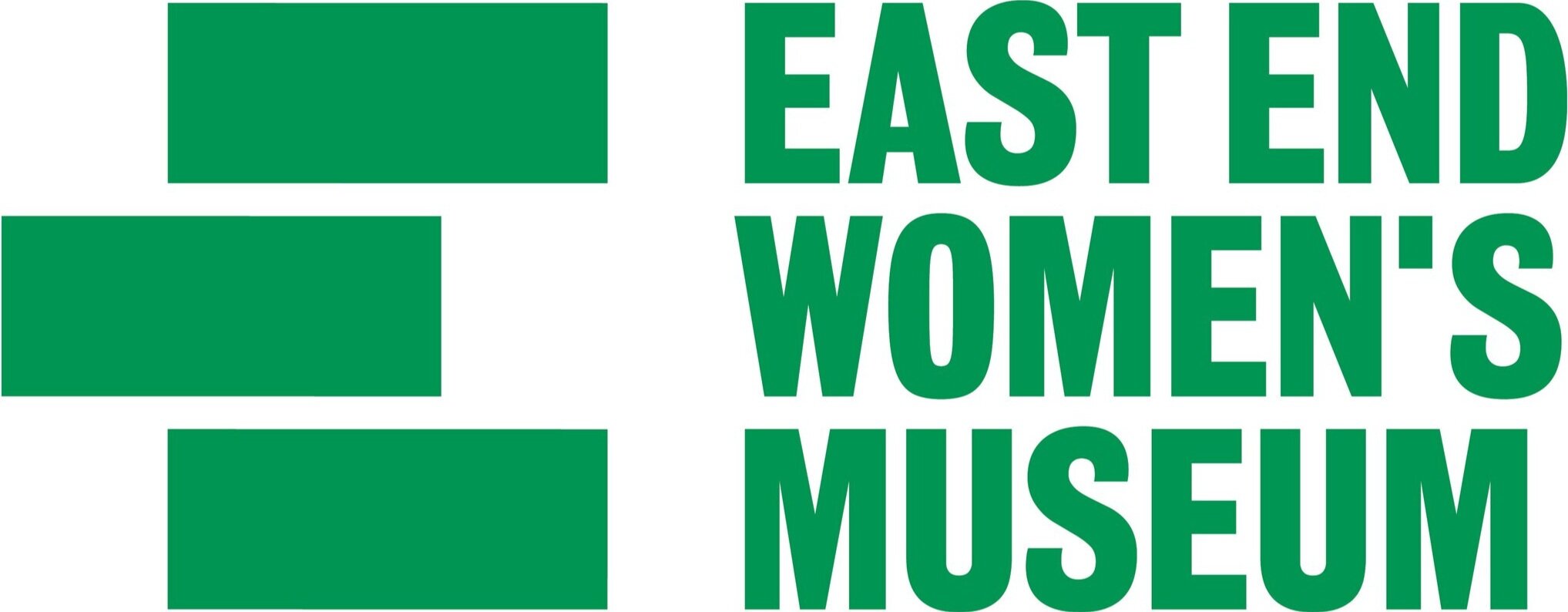In May 2020, it was announced that there will be a new blue plaque in the City of London - only the third in the area to celebrate an individual woman (out of 182 plaques). It will stand on the corner of Queen Victoria Street and Bucklersbury, marking the offices of the world’s first female Chartered Accountant. Mary Harris Smith became a fellow of the Institute of Chartered Accountants in England and Wales (ICAEW) in 1920, in light of the momentous Sex Disqualification (Removal) Act which enabled women to be admitted into professions for the first time.
The ICAEW have been celebrating their centenary of female membership this year, from researching the early pioneers, to gathering a digital archive of women accountant’s stories which show changing attitudes from the 1940s to today.
ICAEW has kindly allowed us to reproduce excerpts from their booklet ‘100 years Celebrating women in Chartered Accountancy’, to tell the story of Mary Harris Smith - the accountant for women’s suffrage causes who would not let up on her ambition to be professionally recognised.
Mary Harris Smith is rightly celebrated as the first female chartered accountant in the world. She achieved this in May 1920 when ICAEW accepted her application to join as a fellow. This was not her first application and, at the advanced age of 75, one has to admire her tenacity in reapplying once it was clear that ICAEW could not refuse her again after the Sex Disqualification (Removal) Act 1919 was passed. Her persistence was consistent with her belief that she should pursue her claim as she was not acting for herself, but for all women. She based her request on the grounds of ‘admission equal, and status equal with male members’.
“Require of me what you would require of a man and I will fulfil it. ”
Harris Smith first became interested in an accountancy career through helping her father, a shipping clerk. She initially went to work for what she described as a ‘mercantile firm in the City’ (London). After nine years, in 1887, she set up her own offices in Victoria Street, London, trading under the name of M. Harris Smith, Public Accountant (which ran until ill health forced her to retire in the late 1920s).
In her practice, she audited and provided professional services to a number of women’s organisations that supported female suffrage and equality. These included the Parliamentary Committee for Women’s Suffrage, the Society of the Return of Women as Poor Law Guardians, the Society for Promoting the Employment of Women, the National Union of Women Workers of Great Britain and Ireland, the Gentlewoman’s Employment Club, and the Soroptimist Club (a volunteer movement aiming to transform the lives of women and girls, set up in the 1920s). Other clients included the British Women’s Temperance Association and the Needlewoman’s Cooperative Association. While this work underlined her commitment to the suffragist cause, it was also part of a shrewd business plan. As The Accountant observed in its obituary of her (October 1934), ‘her practice developed among women with their many modern activities who entrusted their accounts to Miss [Harris] Smith’.
As Harris Smith explained to Millicent Garrett Fawcett (a leader of the campaign for female suffrage) her aim was the ‘opening of the profession of accounting to women upon the same footing as that of [male] members’ and this included being allowed to join professional accountancy bodies such as ICAEW.
Harris Smith first approached ICAEW in 1891 when she applied to join as a fellow. The application was on the basis that she had been in practice as a public accountant for a number of years and was entitled - like men in a similar position - to seek membership without following the standard route of examinations and articles as set out in ICAEW’s Royal Charter. The Applications Committee agreed but, as recorded in the minutes, decided to refer the matter to ICAEW’s solicitor as the committee was unsure whether women were eligible to join, irrespective of their professional experience. The solicitor advised that women were not eligible as the ICAEW Charter referred to ‘his’, ‘himself’ and ‘he’, not ‘her’, ‘herself’ or ‘she’. Apparently there was no appetite to change this terminology. In 1895, for example, ICAEW’s council minutes recorded that ‘it was unwilling to petition the Privy Council for an amendment to the charter’ to facilitate female admission. Considering this restriction, in 1896 Harris Smith wrote to ICAEW’s council requesting to sit ICAEW’s final examination. At the time, some practitioners were allowed to do this if they met certain educational standards. However, Harris Smith was refused again.
Charles Fitch Kemp, ICAEW president between 1894 and 1896, reportedly said, ‘it would be so embarrassing to manage a staff composed partly of women, that … [he] would retire from the position rather than contemplate such a position’. However, we can’t assume that all ICAEW members agreed with him. Harris Smith acknowledged that not all men were hostile to women joining ICAEW. She said that her many ‘city friends’ were sympathetic to her cause and she also enlisted the help of a number of MPs – all of whom, of course, were male.
For some, the solution to the ‘problem’ of female admission was to allow women to set up their own accountancy body. This was not the view of Harris Smith. She argued that her professional experience and range of clients meant she was as fully qualified to join ICAEW as any man in a similar position.
After Parliament passed the Sex Disqualification (Removal) Act in December 1919, which opened up access to many professions for women, she applied again to ICAEW and in May 1920 was admitted as a fellow - after 29 years of persistence. In doing so, she became the world’s first female Chartered Accountant and paved the way for more women to enter membership.
Mary Harris Smith died in 1934. Her obituary in The Accountant states that ‘her election as a Fellow of the Institute in 1920 was a matter of great pride to her. She was staunch in her support of its traditions’. Far from diminishing the status of ICAEW, The Accountant agreed that Harris Smith had proved that women were worthy members of ICAEW.
Author
Reproduced with the kind permission of ICAEW. © ICAEW 2019.
First published in 2019 in the publication ‘100 years Celebrating women in Chartered Accountancy’: https://www.icaew.com/-/media/corporate/files/about-icaew/100-years-of-women/100-years-booklet.ashx?la=en. No reproduction or re-distribution allowed.
The ICAEW do not accept responsibility for any loss caused to any person who acts or refrains from acting in reliance on the material within the e-booklet.
Sources and further reading
100 years Celebrating women in Chartered Accountancy’ www.icaew.com/-/media/corporate/files/about-icaew/100-years-of-women/100-years-booklet.ashx?la=en
https://www.icaew.com/about-icaew/campaigns/celebrating-100-years-of-women-in-chartered-accountancy
https://blog.nationalarchives.gov.uk/the-sex-disqualification-removal-act-1919/
https://first100years.org.uk/the-sex-disqualification-removal-act-1919/





